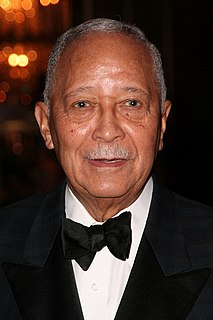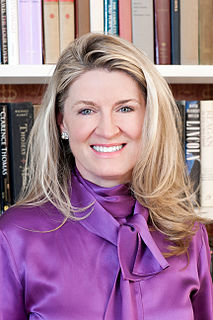A Quote by Ron Chernow
One of the special characteristics of New York is that it is different from a London or a Paris because it's the financial capital, and the cultural capital, but not the political capital.
Related Quotes
The financial doctrines so zealously followed by American companies might help optimize capital when it is scarce. But capital is abundant. If we are to see our economy really grow, we need to encourage migratory capital to become productive capital - capital invested for the long-term in empowering innovations.
If, for example, each of us had the same share of capital in the national total capital, then if the share of capital goes up it's not a problem, because you get as much as I do. The problem is that capital in capitalist countries is very heavily concentrated, especially financial capital. So then if the share of income from that source goes up, that actually exacerbates inequality.
I love Mexico because that's where I'm from, but my favorite city, whenever I need to recharge, I love Paris. I get very inspired while I'm there. There's so much art and culture, and Paris, before New York, that was the capital of the world. And I love history too, so I go there. It does something special to me.

































